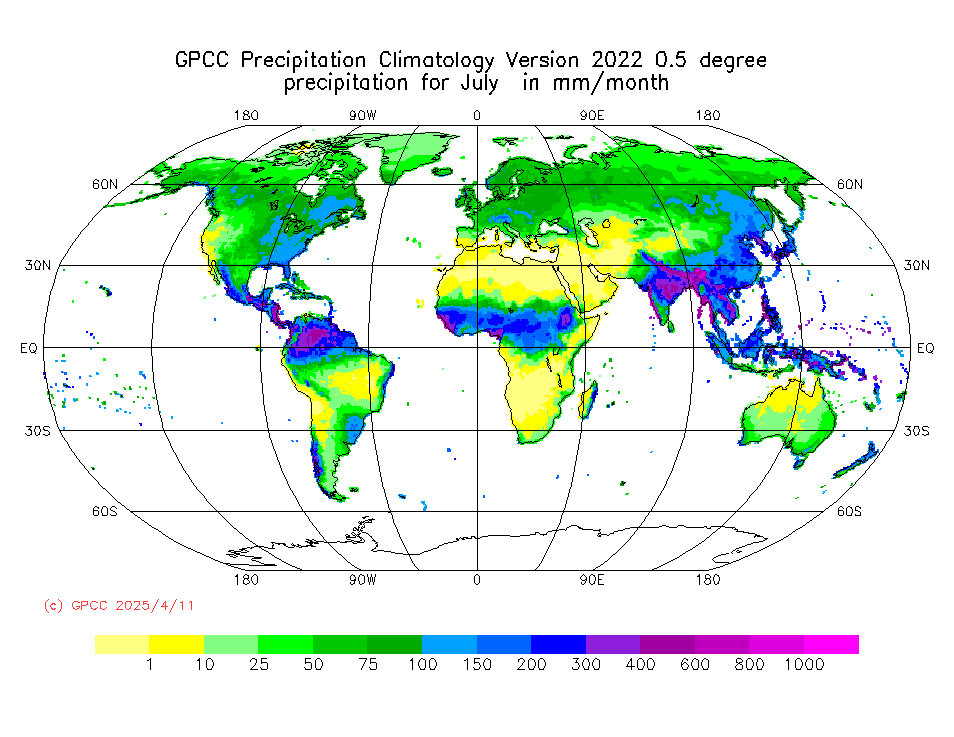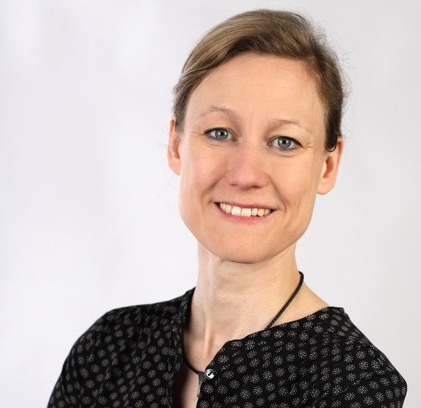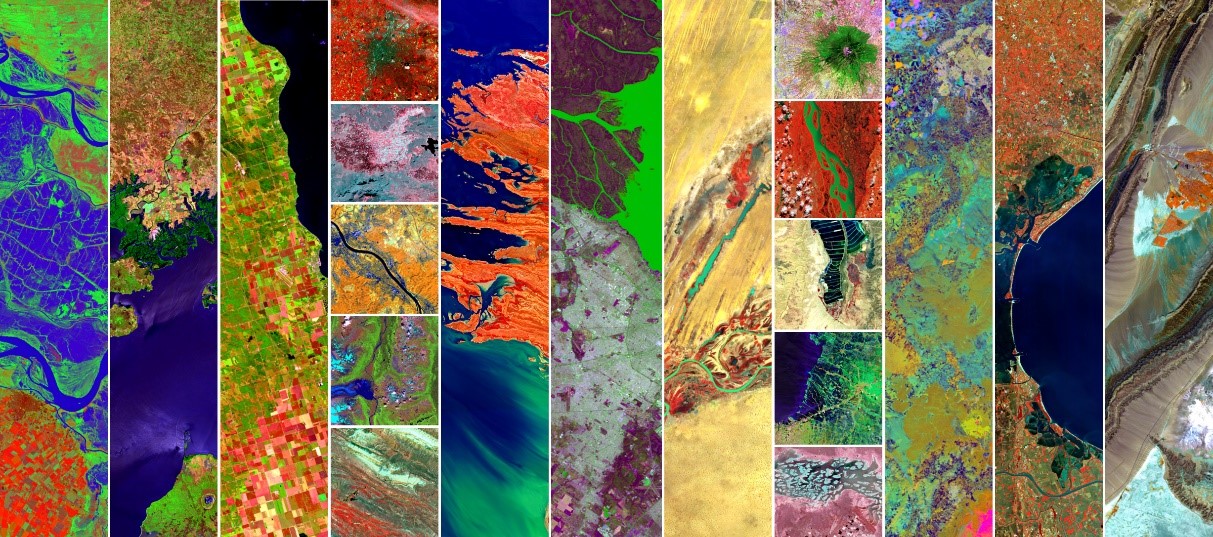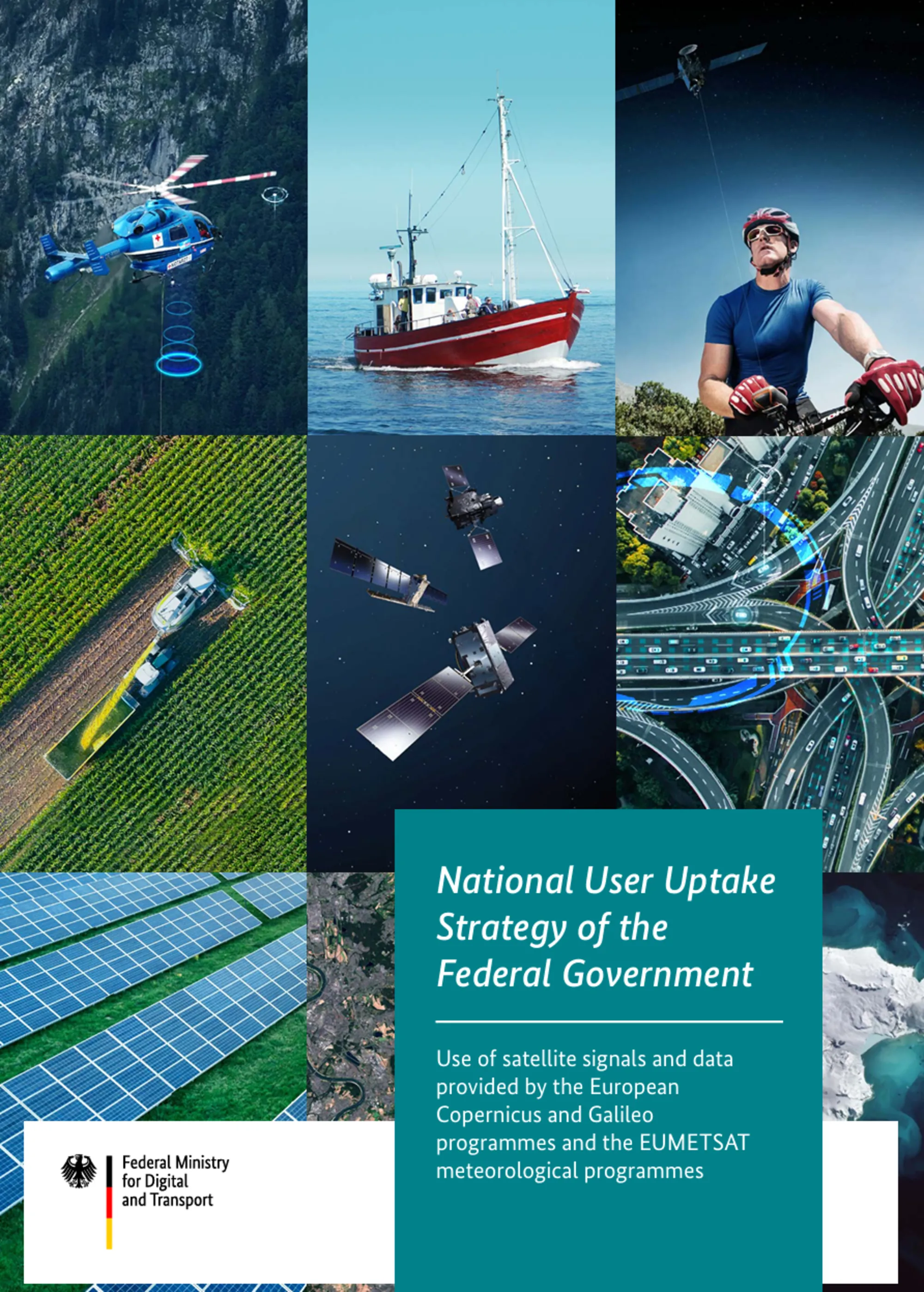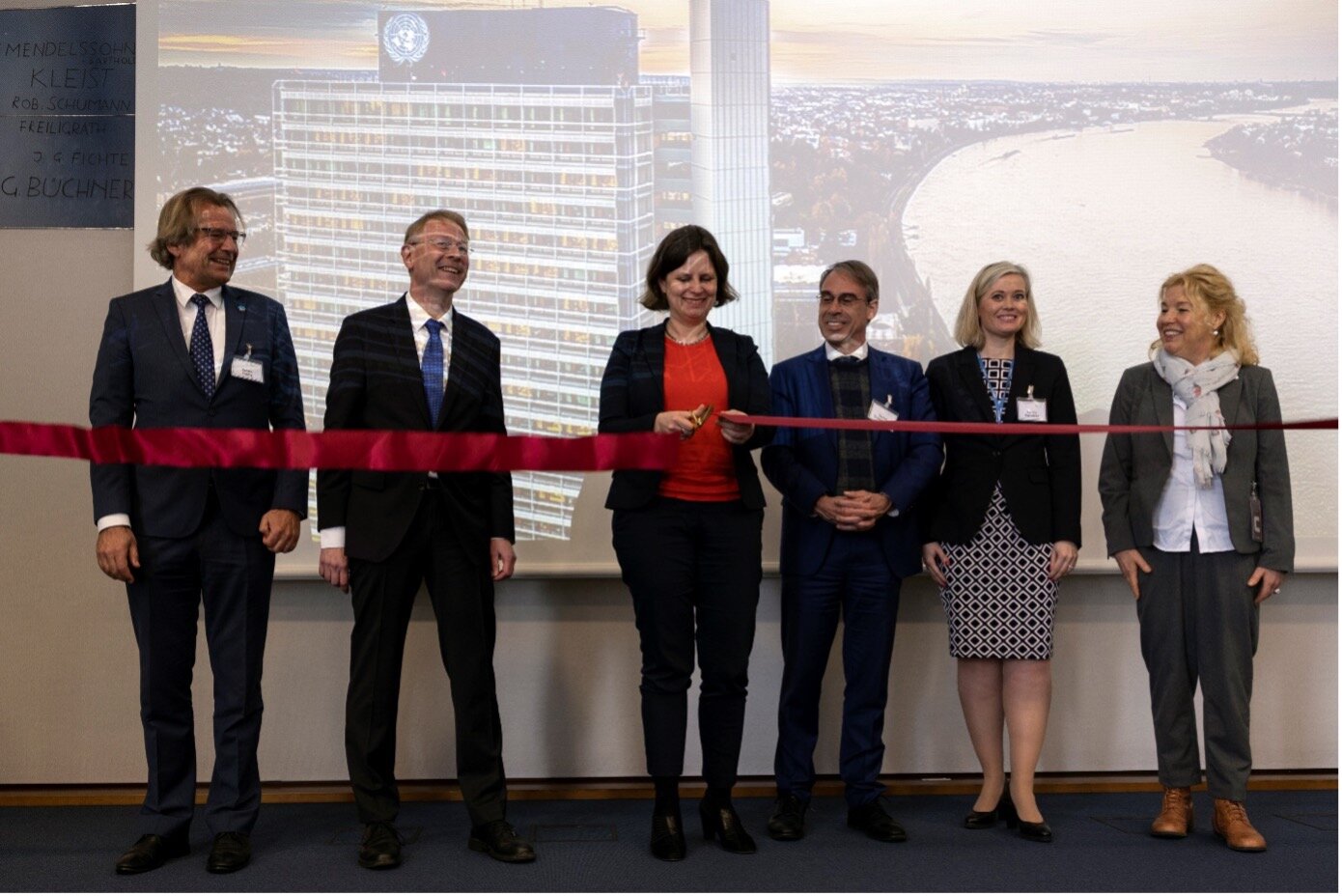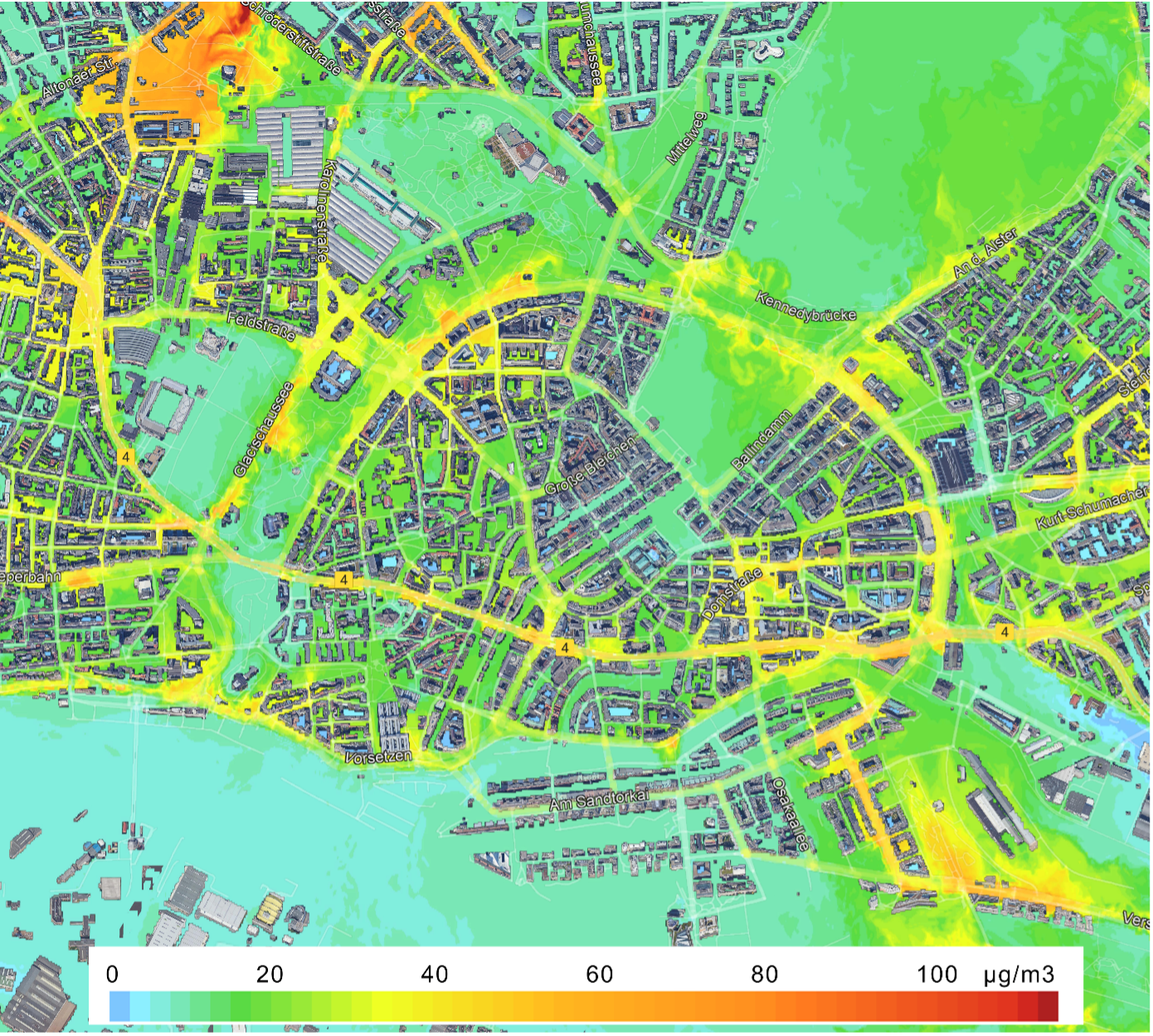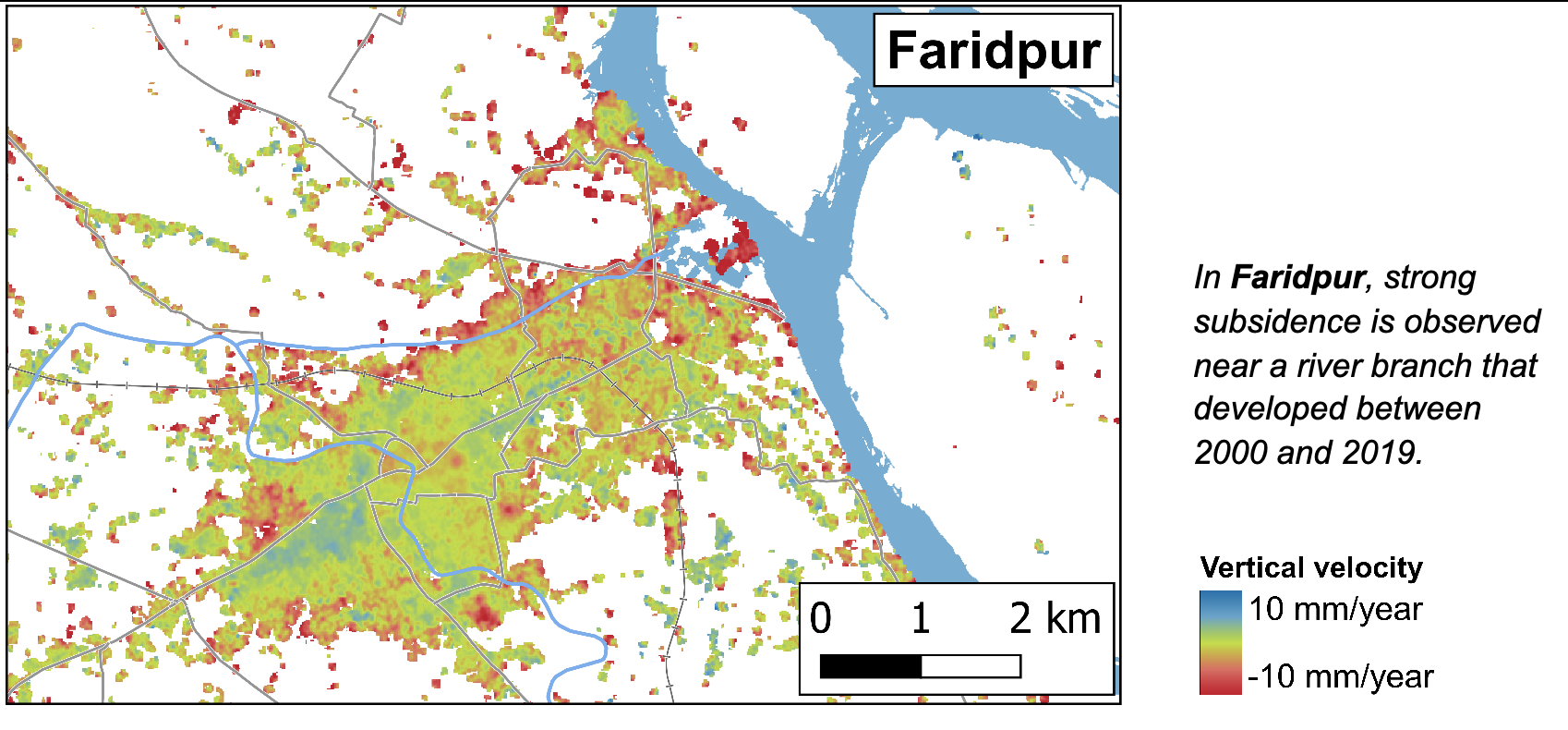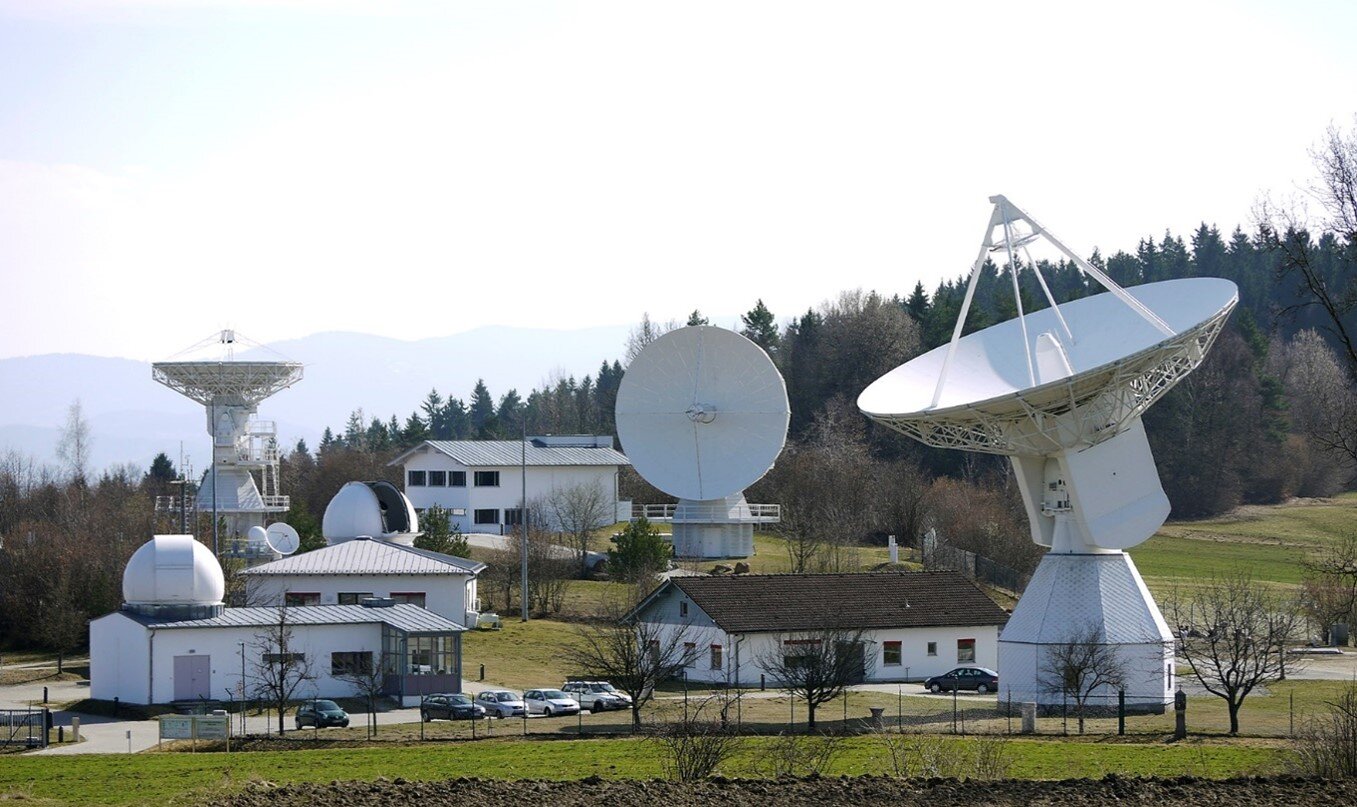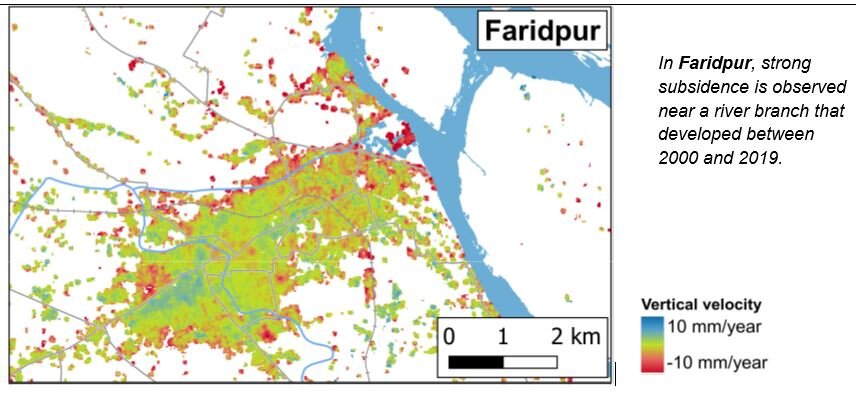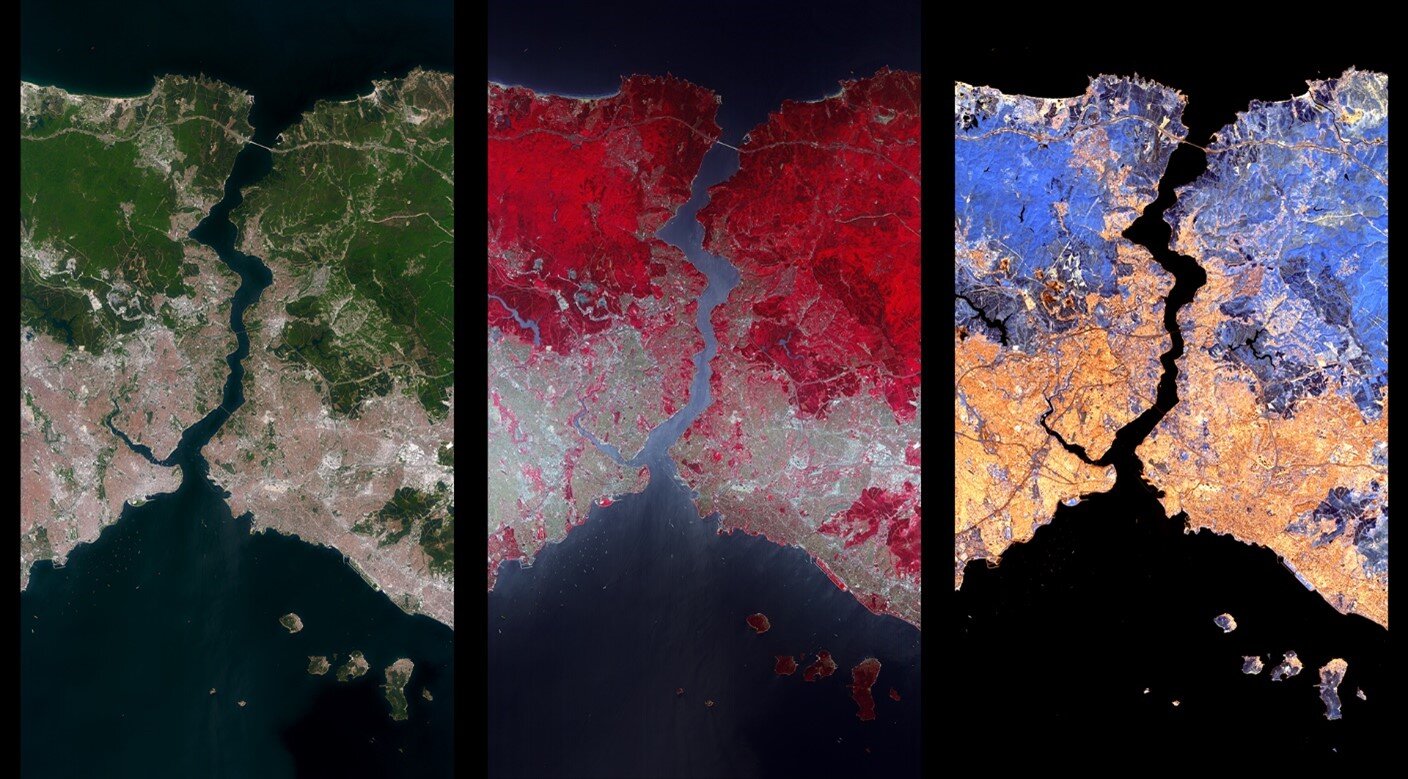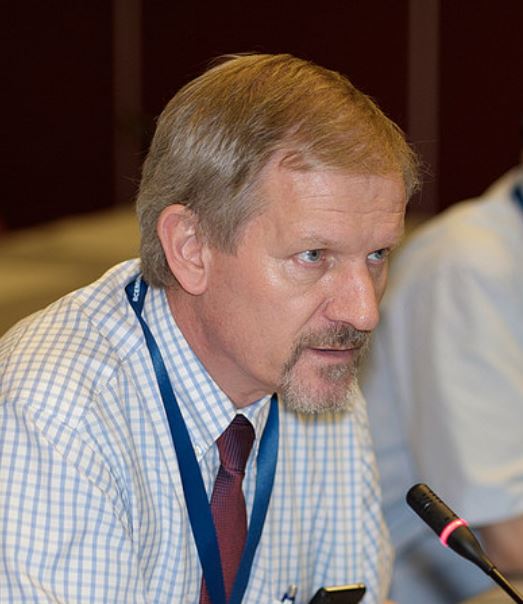

Germany
GEO Principals



Focal Points

Programme Board representation

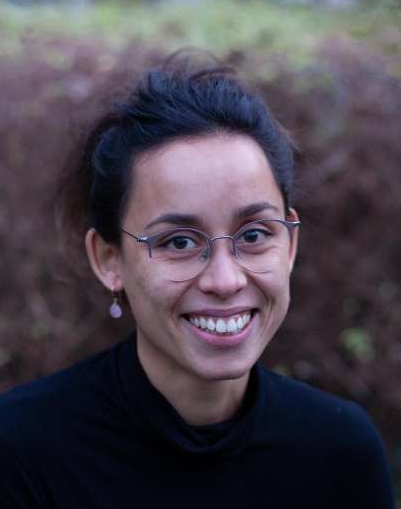
GEO Engagement and Contributions
Engagement History with GEO
Germany is a founding member of GEO and continues to play an active role in GEO governance. It is one of GEO’s key donors and has supported the GEO Trust Fund through voluntary annual contributions. Germany has also provided substantial extrabudgetary funding for GEOGLAM initiatives, support for GEO-BON and for hosting the GEO-LDN secretariat at the German Corporation for International Cooperation (GIZ) in Bonn, Germany.
The lead ministry that engages with GEO from Germany is the Federal Ministry of Transport (BMV), with the German Space Agency at DLR serving as the focal point and the coordinator of the National GEO.
German participation in GEO involves multiple federal agencies, including:
- German Meteorological Service (DWD)
- German Corporation for International Cooperation (GIZ)
- Federal Agency for Cartography and Geodesy (BKG)
- Federal Institute of Hydrology (BfG)
- Federal Institute for Geosciences and Natural Resources (BGR)
- Federal Office of Civil Protection and Disaster Assistance (BBK)
- Federal Environment Agency (UBA)
- Julius Kühn Institute (JKI)
- Helmholtz Centre for Geosciences (GFZ)
- Helmholtz Centre for Environmental Research (UFZ)
- German Aerospace Center (DLR)
Participation in GEO Work Programme
Germany actively participates in several GEO Work Programme activities, with a focus on water and land sustainability, disaster risk reduction, ecosystems, biodiversity and carbon management, and climate, energy and urbanisation.
The country plays a pivotal role in supporting the GEO-LDN Flagship, providing both financial and technical contributions and hosting the GEO-LDN Secretariat at the GIZ. GEO-LDN aims to improve land degradation monitoring and mapping. The ultimate goal of GEO-LDN is to reduce the extent of degraded land and support the achievement of land degradation neutrality by 2030 (SDG target 15.3) by strengthening countries’ capacity to utilize Earth observations for integrated land use planning and evidence-based decision-making.
Germany also actively supports the Global Heat Resilience Service (GHRS), with the Earth Observation Center at DLR contributing expertise to operational early warning and heat adaptation services — a vital component as heatwaves intensify globally. Furthermore, Germany is showing long-term commitment to the Geohazard Supersites and Natural Laboratories (GSNL) initiative, with its centre for geosciences (GFZ) and space agency (DLR) providing satellite data, in situ monitoring, and research coordination to improve risk assessment of volcanoes and earthquakes.
Germany also supports the Biodiversity Observation Network Flagship (GEO BON), and the Global Forest Observation Initiative (GFOI) Mature Flagship: the Centre for Integrative Biodiversity Research (iDiv) hosts GEO BON’s data portal for Essential Biodiversity Variables (EBVs). The German Centre for Geosciences (GFZ) is strongly involved in GFOI’s Research & Development component.
There are various other contributions to initiatives, pilots and conveners of the 2025 GEO Work Programme.
- GEOCRI
- GEO BON
- GHRS
- GFOI
- GOS4M
- GEO-LDN
- GSNL
- NIGHT-LIGHT
Participation in Regional Caucus - EuroGEO
Germany is an active member of the European regional caucus and serves as one of the three European countries on the GEO Executive Committee.
Earth Observation Capabilities
Germany has developed significant Earth observation capabilities, including:
- Environmental Mapping and Analysis Program (EnMAP) - A German hyperspectral satellite mission launched in April 2022 for monitoring terrestrial and aquatic ecosystems. EnMAP images Earth with more than 200 narrow spectral bands in the wavelength ranges of visible light, near-infrared, and short-wave infrared.
- The radar satellite twins TerraSAR-X and Tandem-X, launched in 2007 and 2010, respectively, still deliver high-quality SAR imagery in various modes and contribute to the monitoring of seismic and volcanic hazards, flood mapping etc. Also, data of both satellites have been used to produce Digital Elevation Models, such as the Copernicus global DEMs (GLO-30 and GLO-90).
- Global Geodetic Centre of Excellence (GGCE) - established in Bonn in 2022 to support globally coordinated geodetic infrastructure as the reliable long-term foundation for applications like satellite navigation and space-borne Earth observation. Germany contributes to the GGCE through the Federal Agency for Cartography and Geodesy (BKG).
- The Global Precipitation Climatology Centre (GPCC), hosted by Germany’s meteorological service (DWD) under the auspices of the World Meteorological Organization (WMO), is by far the largest collection worldwide of quality-controlled station-based precipitation measurements.
- The German Federal Institute of Hydrology (BfG) hosts three globally acting hydrological data centres: the Global Runoff Data Centre (GRDC), the International Soil Moisture Network (ISMN), and the UNEP GEMS/Water Data Centre (GWDC).
Besides its national capabilities, Germany is also a strong supporter of the European Union’s Earth Observation programme Copernicus, the “FutureEO” programme of the European Space Agency (ESA), and the programmes of the European Organisation for the Exploitation of Meteorological Satellites (EUMETSAT).
National Policy and Implementation Priorities
Information from Earth observation supports the goals of major multilateral agreements, such as the United Nations Sustainable Development Goals and the Paris Agreement on climate change. Achieving these together is one of Germany’s development policy goals. Fulfilling the associated reporting requirements and verifying the effectiveness of measures, requires the best possible international coordination of Earth observation. As an intergovernmental organization in which more than 100 governments and an equal number of international organizations have joined forces, GEO provides a suitable framework for this. Germany supports GEO particularly in the context of various ‘flagship initiatives’, which are characterized by the fact that they address global problems and monitoring tasks in close alignment with UN initiatives and conventions.
